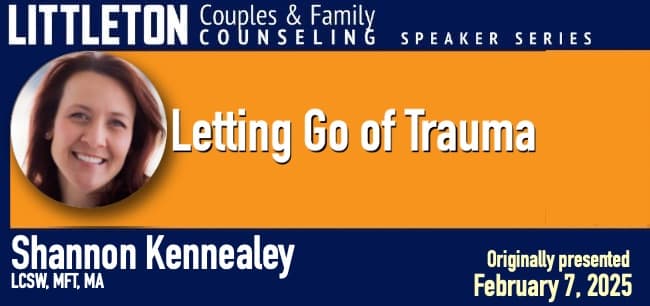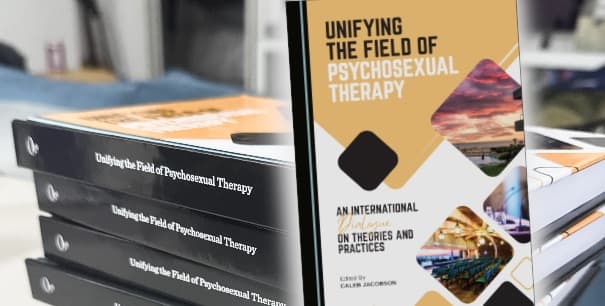Systemic troubleshooting around the neurotypical/divergent condition
Some people tell me I view everything through a neurodivergent lens. Yes. Yes, I do.
Most people assume I do that because ADHD and autism are my specialty and “because I have a hammer, everything is a nail.” Few people take the time to ask and learn the why: if I can rule in/rule out ADHD or autism, the rest of the journey can be so much straight-forward.
Consider when your computer or phone stops working. What’s wrong? The first step is a hardware diagnostic. If the issue is hardware, all the software fixes in the world will not make a difference. If the issue is not hardware, replacing a working battery won’t make a difference.
I propose we start with some systematic troubleshooting of the human in front of us.
- is the presenting issue developmental or physiological?
- is the presenting issue biological or neurochemical?
- if the person has ADHD or autism, is the presenting issue a complex comorbidity or simply an adaptation of ADHD or autism?
This list is not exhaustive, I hope it helps make my point.
When the presenting issue is simply an adaptation of ADHD or autism, no amounts of anti-anxiety or anti-depressant medications will provide long-term relief. I encounter people who have been taking anti-anxiety or anti-depressant meds for years and still can’t find a long-term positive change in their lives.
Here we reach one of the saddest and most preventable parts of the neurodivergent problem: all the health professionals and prescribers who cannot/will not change and grow to understand the entirety of the presenting issue sitting in front of them. Instead, they prescribe an unneeded med as they hurry through their over-scheduled day.






